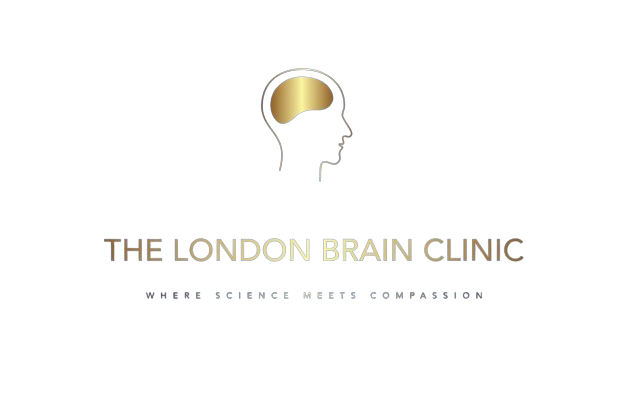- Psychoeducation
Psychoeducation in the context of the mind-body connection involves helping individuals understand how their thoughts, emotions, and physical sensations are interconnected. This approach emphasizes the role of bodily awareness in mental health, teaching individuals to recognize and interpret internal signals such as tension, heart rate, or breathing patterns. By fostering this awareness, psychoeducation empowers individuals to better manage stress, regulate emotions, and improve overall well-being through practical strategies that align mental and physical health.
- 2. Deep breathing and intervention targeting physiological imbalance
A therapeutic approach using deep and slow breathing exercises to reduce anxiety, increase parasympathetic activity, and improve heart rate variability. It has shown benefits for both younger and older adults in managing stress and anxiety
- 3. Interoceptive re-training
A method to improve one’s ability to sense and interpret internal bodily signals. It involves exercises and challenges designed to enhance awareness of physiological sensations, such as heartbeat detection tasks, which can help with emotion regulation and self-regulation skills.
- 4. Integrated psychotherapy and physiological bio-feedback
An approach that combines traditional psychotherapy with real-time physiological measurements to enhance therapeutic outcomes. It allows therapists to gain objective insights into patients’ emotional and autonomic responses, potentially improving empathy, attachment, and alliance in the therapeutic relationship. Read more about the importance of integrating psychological and bio-feedback approaches HERE (link to blog on compassion in PD)
